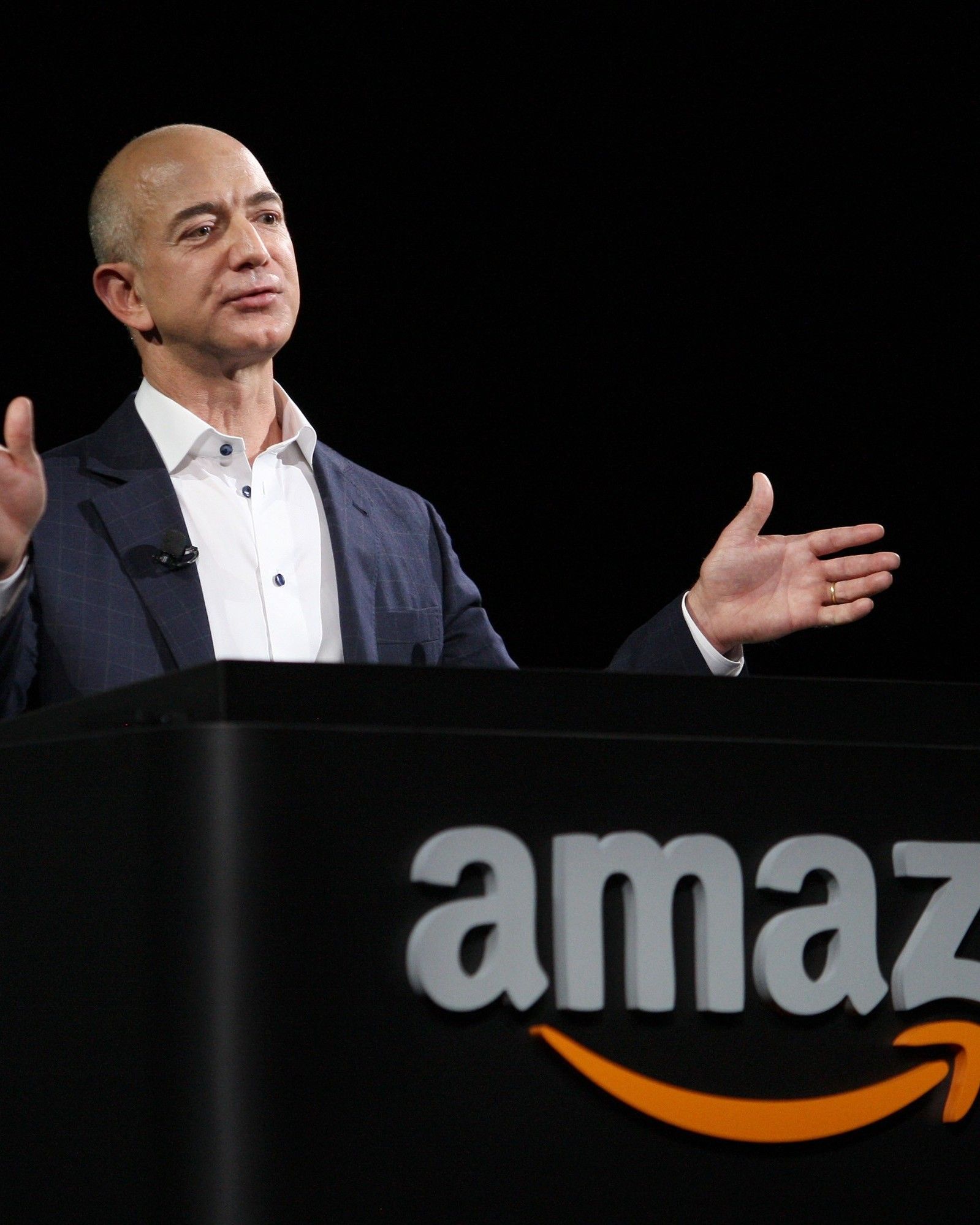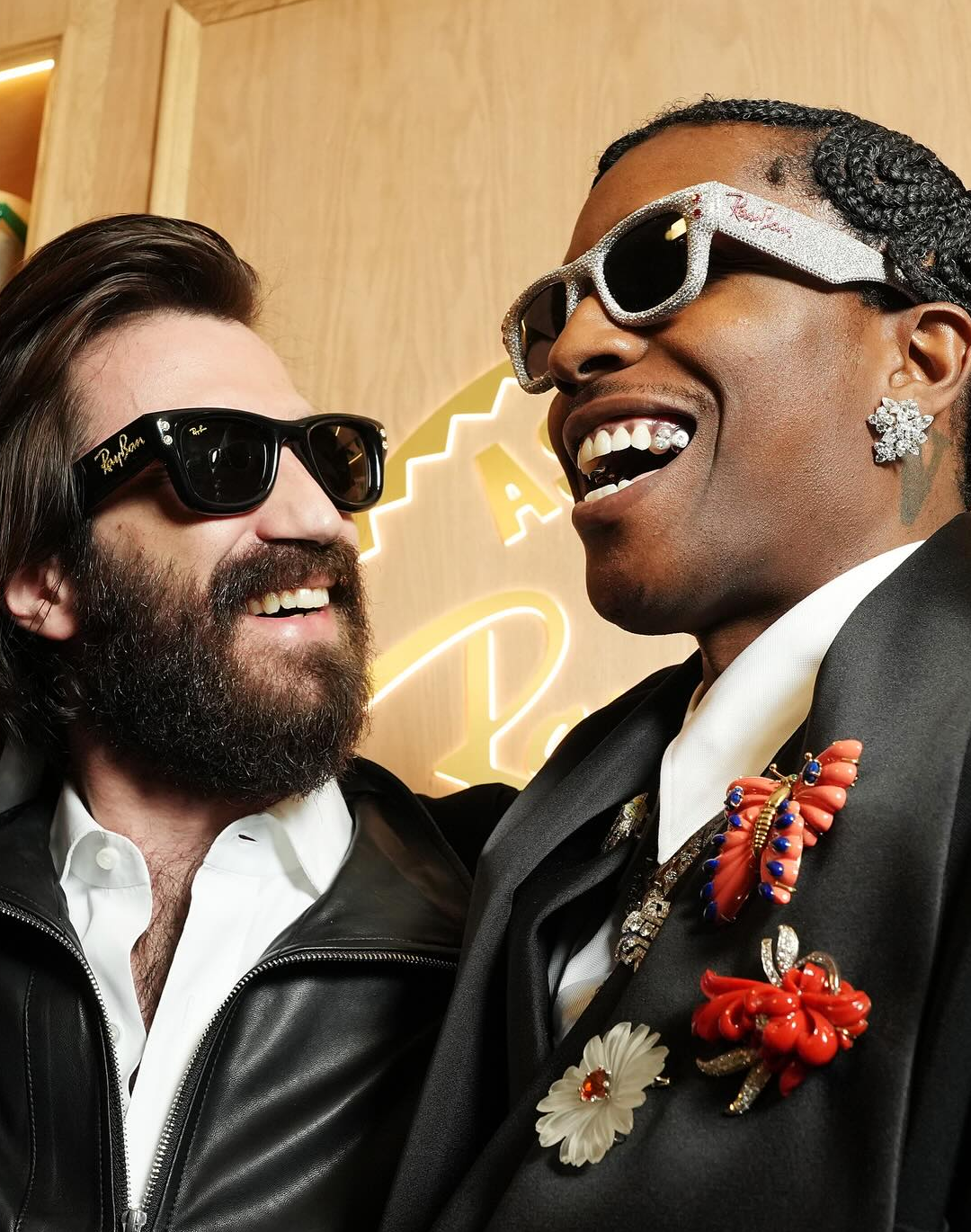
Could Amazon be acquiring Farfetch? The reasons are there, even the good reasons - but the e-commerce crisis proceeds
In a recent report by BoF, it has emerged that Farfetch, the leading digital luxury retailer, is actively exploring strategic options to strengthen its currently troubled financial position. As speculations swirl about the company's future, as Imran Amed writes, Amazon could potentially be a savior for the company. But does it make sense? Although Amazon is not synonymous with a fashion retailer, it boasts a vast customer base, including numerous luxury consumers subscribed to Amazon Prime, and hypothetically merging Farfetch and Amazon models could significantly reduce Farfetch's customer acquisition costs by leveraging Amazon's extensive customer pool, thereby enhancing Farfetch's chances of achieving profitability. As we know, Amazon has been trying to enter the luxury commerce for some years with, frankly, not entirely successful attempts: after the launch of Amazon Luxury Stores in 2021, top industry brands showed little interest in appearing on the platform whose interface and user experience appeared as an extension of Amazon but not a separate and luxurious version. More success was achieved the following year with a partnership with the retailer What Goes Around Comes Around that offered a selection of second-hand and vintage bags, as well as accessories and jewelry from some of the biggest luxury brands, from Louis Vuitton to Hermès, passing through Chanel, Prada, Gucci, and Rolex, and which Amazon defines as "The best luxury vintage." Potentially, therefore, there could be possibilities of a match: one retailer would save the other, bringing home an already established business with some economic and operational advantages. Nonetheless, it must be remembered that Farfetch's problem represents only the most acute symptom of an ailment affecting the entire landscape of online luxury.
Why is Online Luxury in Crisis?
@thestanzamedia Would Skky Partners be a good candidate to partner with Jose Neves to take farfetch private? #farfetch #fashionbusiness #fashionecommerce #privateequity #richemontgroup #yooxnetaportergroup original sound - the stanza
As confidence wavers and investments reduce, the future of online luxury remains uncertain. In short, recent reports detailing negotiations by Farfetch CEO, José Neves, on the delisting of the company and the search for operational funding highlight the acute challenges faced by online luxury platforms. In this context, the compromised acquisition of a stake in Yoox Net-a-Porter (YNAP) adds uncertainty, as Farfetch's ambitions to dominate the market clash with obstacles amid intense financial tensions. But Farfetch's situation is not unique: other players in online luxury, including Ssense, MatchesFashion, and Mytheresa, are facing financial delays and slowed growth. The diversity of challenges, from increasing losses and declining sales to workforce cuts, indicates a systemic issue affecting the entire sector, concerning the development model of online luxury that in recent years has faced inherently difficult challenges, including high costs for customer traffic acquisition and fierce competition in a saturated market.
The uniformity of user experiences, the fact that all sites look alike or are equivalent, accentuated by rising advertising costs and intensive and prolonged comparison, has forced platforms into a damaging race to the bottom of prices to stand out. Moreover, the profitability of the online luxury model is further squeezed by high logistic costs, especially for high-value luxury items: offering fast shipping and easy returns for discounted items tests profit margins, encouraging in-person shopping and diminishing the appeal of online platforms. Indeed, as reported by BoF, after the pandemic, "in-the-flesh" shopping is experiencing a rebirth, denoted by heavy investments by brands in increasingly large stores and similar to museums - the latest being that of Saint Laurent, which recently inaugurated the largest boutique in its long history in Paris. Nonetheless, brands are increasingly prioritizing investments in their digital presence, leveraging the benefits of presenting the entire range online, acquiring valuable customer data, and connecting with informed consumers. But the end of a decade of ultra-low interest rates and a shift in consumer priorities after the pandemic pose challenges to the luxury economy.
How Would Amazon Help Farfetch?
Did you know? The Amazon Fashion unit has surpassed Macy’s and Walmart to become the largest apparel retailer in the United States? Keep your eyes on Farfetch which is $-trouble if the Bezos dream is to come true of being $200B
— Jim Nowakowski (@interlinejim) December 9, 2023
Saving Farfetch is, if we may, a problem of method and infrastructure. Amazon's logistical capabilities, for example, could solve one of Farfetch's historical challenges: delivery times and customer service. In fact, the integration of Amazon's world-class logistics would revolutionize Farfetch's delivery options, offering a seamless and efficient experience for consumers, thanks to Amazon's unparalleled technological infrastructure. But in light of a potential deal, Amazon's Chinese competitor, Alibaba, could also play a role given its investment of almost half a billion dollars three years ago. Nonetheless, a potential acquisition would not be so simple, as Farfetch's problems move on multiple fronts simultaneously: if the context in which the e-tailer operates is that of a slowdown in luxury spending, and therefore, all the players in the field are in crisis, it could be argued that Farfetch's real problems began with the acquisition of New Guards Group, a moment that not only obliterated 2 billion dollars of market value in a single day, but also marked the shift of the retailer's business model from a low-risk strategy to a higher-risk one.
An additional and complex issue lies deeper in the DNA of the marketplace, which already at its debut on the American stock market recorded losses of over 70 million dollars annually and saw its costs rise dangerously, prompting analysts to decree the urgent need for a more business-centered restructuring. Within the industry, Farfetch's business model has generated considerable dissatisfaction as it combines discount policies from extremely diversified stores. This leads to a situation where these stores compete with each other and compromise the interests of the brands, which see their products discounted sometimes arbitrarily. Meanwhile, retailers, responsible for shipping and returns, do not derive significant benefits from participating in the group's business model. To further complicate the situation, the issue of gray markets is added, represented by often unsold goods entrusted to unauthorized wholesalers, further contributing to the crisis of an increasingly unsustainable pricing system. Is this a venture that Jeff Bezos could successfully accomplish? Perhaps – or perhaps the already wealthy Amazon might want to stay away from this unsinkable ship that has been hit head-on by the iceberg of the crisis.















































